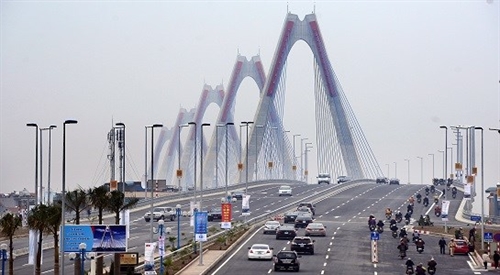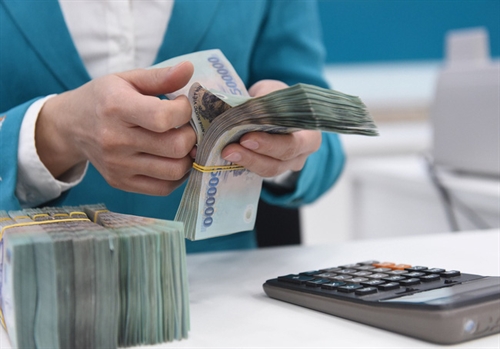By 2030, the country sets to raise its credit rating to Baa3 or better on Moody’s scale and BBB- or better on the Standard & Poor’s and Fitch, which are considered as “investment-grade”.
Such is highlighted in Decision 412 recently signed by Deputy Prime Minister Le Minh Khai to approve the sovereign credit rating improvement project by 2030.
The project aims at making Vietnam a developing and upper-middle-income country with modern industry, heightening the country’s international reputation and reducing credit risks.
Under the project, the annual GDP growth during the period will average about 7 percent, with per capita GDP at the current price by 2030 reaching about USD 7,500, and total social investment accounting for some 33 - 35 percent of the GDP.
Vietnam will also better control the State budget overspending, aiming to reduce the overspending to around 3 percent of the GDP and ensure that public and government debts will not exceed 60 percent and 50 percent of the GDP, respectively.
The main solutions are to build a strong public financial system, improve debt indexes, promote fiscal consolidation, enhance the transparency of fiscal policies, manage investment plans on a medium-term basis, and foster the harmony between the medium-run investment and the national financial plans.
In addition, the project highlighted the need to enhance the structure and quality of the banking system and State-owned enterprises to lower risks for the State budget, and strengthen regulatory framework on providing loans and expanding credit growth, with a focus on production and the Government’s priority areas.
Currently, Vietnam’s credit rating on S&P and Fitch’s scale stands at BB while the country receives the rating of Ba3 on the Moody’s.- (VLLF)









